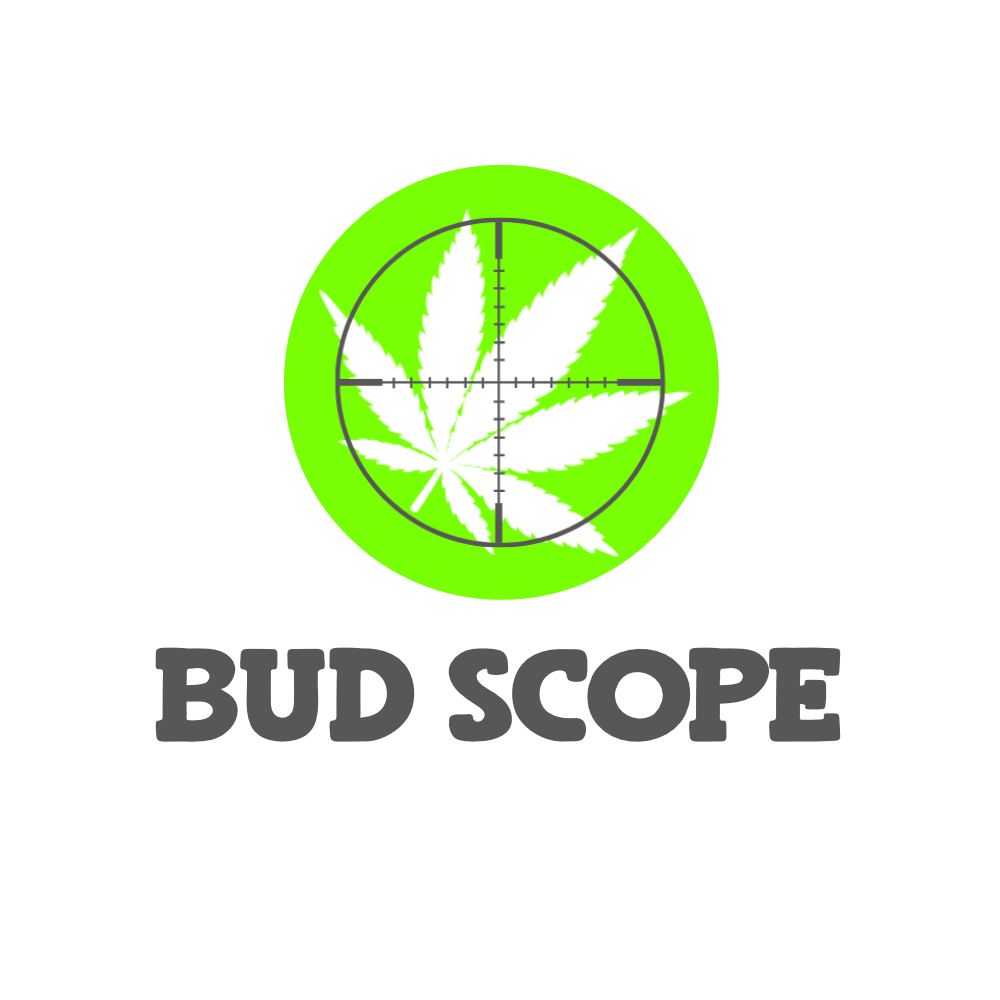Characteristics and Occurrence of Vermiculite
- First described in 1824 in Millbury, Massachusetts
- Formed at the contact between felsic and mafic or ultramafic rocks
- Found in carbonatites and metamorphosed magnesium-rich limestone
- Associated with minerals like corundum, apatite, serpentine, and talc
- Interlayered with chlorite, biotite, and phlogopite
- 2:1 clay structure with limited expansion and medium shrink-swell capacity
- High cation-exchange capacity at 100–150 meq/100 g
- Weathered micas with potassium ions replaced by magnesium and iron ions
Commercial Uses of Vermiculite
- Molded shapes: used in aluminum smelting industry, open fireplaces, and high-temperature insulation
- Calcium silicate boards: added to slurry for heat-cured boards
- Brake linings: utilized in automotive brake linings for thermal resistance
- Roof and floor screeds, insulating concretes: added to Portland cement for lightweight, insulating concrete
- Soilless growing medium: combined with peat for horticulture, promotes faster root growth
- Seed germination, root crop storage, soil conditioner, loose-fill insulation
Fire Protection and High-Temperature Applications
- Vermiculite board for fireproofing ductwork, additive to fireproof wallboard
- High-temperature coatings, firestop coatings, barrier coatings for films
- Vermiculite dispersions, binders for construction materials, oxidation-resistant coatings
- Waste treatment: cation exchange capacity for fluid purification, pollution control
- Others: packing material, substrate for animals, lightweight aggregate for plaster
Commercial Manufacture and Global Production of Vermiculite
- Top producers: South Africa, Brazil, US, China
- International trade association: The Vermiculite Association
- Exfoliated vermiculite production, blending with perlite, varied end products
- Specialized end processors in various industries
Health Concerns, Alternatives, and Related Concepts
- Asbestos: carcinogenic fibrous silicate mineral, banned in many countries
- Coir: natural fiber from coconut husks, environmentally friendly alternative
- Expanded clay aggregate: lightweight aggregate for horticultural applications
- Fireproofing: process to enhance fire resistance in buildings
- Firestop: sealant to prevent fire spread, essential for fire barrier integrity.
Vermiculite Data Sources
| Reference | URL |
|---|---|
| Glossary | https:/glossary/vermiculite |
| Wikipedia | https://en.wikipedia.org/wiki/Vermiculite |
| Wikidata | https://www.wikidata.org/wiki/Q194358 |
| Knowledge Graph | https://www.google.com/search?kgmid=/m/01h2gn |
| DBPedia | http://dbpedia.org/resource/Vermiculite |
| Product Ontology | http://www.productontology.org/id/Vermiculite |
